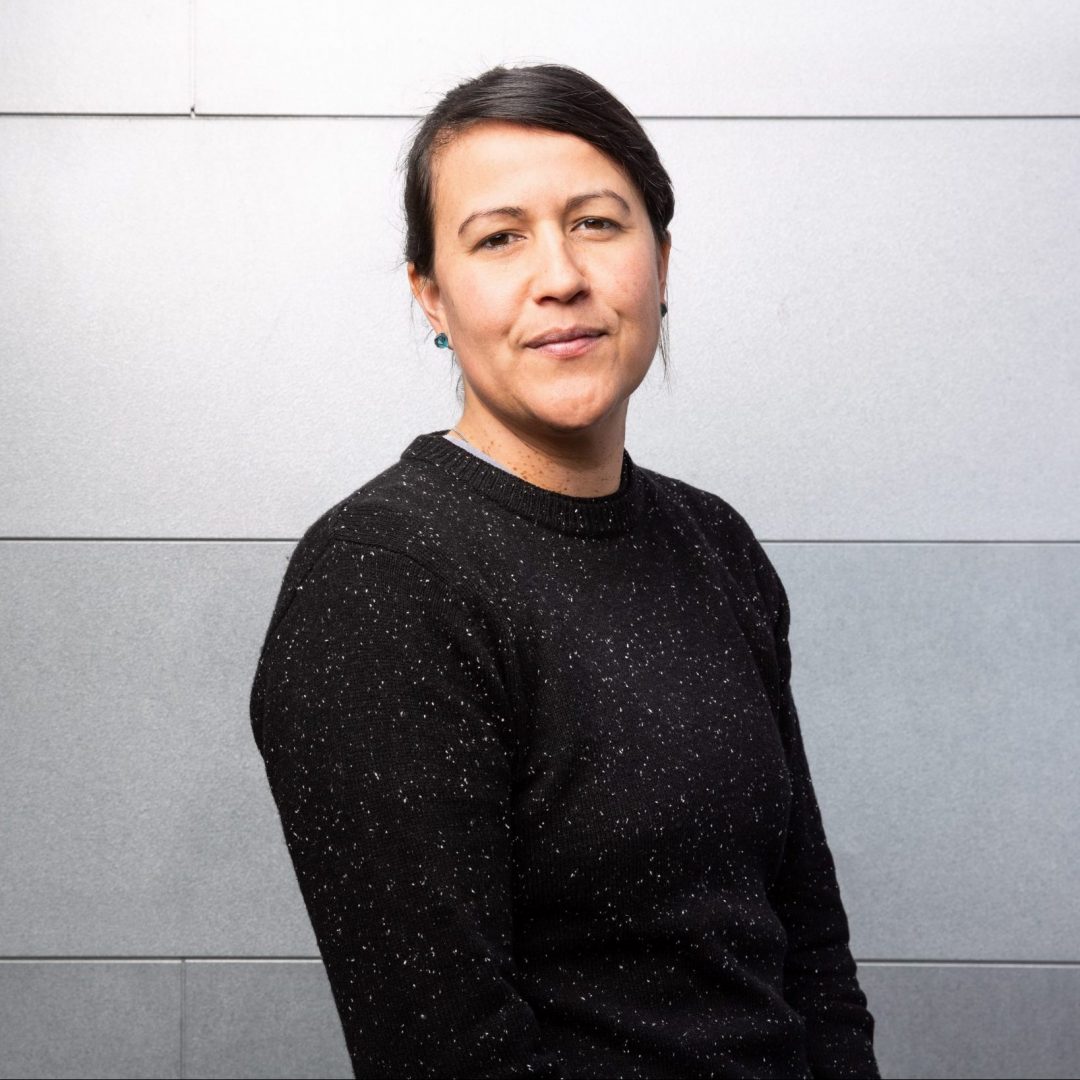My mother said this to me
long before Beyoncé lifted the lyrics
from the Yeah Yeah Yeahs,
and what my mother meant by
Don’t stray was that she knew
all about it—the way it feels to need
someone to love you, someone
not your kind, someone white,
some one some many who live
because so many of mine
have not, and further, live on top of
those of ours who don’t.
I’ll say, say, say,
I’ll say, say, say,
What is the United States if not a clot
of clouds? If not spilled milk? Or blood?
If not the place we once were
in the millions? America is Maps—
Maps are ghosts: white and
layered with people and places I see through.
My mother has always known best,
knew that I’d been begging for them,
to lay my face against their white
laps, to be held in something more
than the loud light of their projectors
of themselves they flicker—sepia
or blue—all over my body.
All this time,
I thought my mother said, Wait,
as in, Give them a little more time
to know your worth,
when really, she said, Weight,
meaning heft, preparing me
for the yoke of myself,
the beast of my country’s burdens,
which is less worse than
my country’s plow. Yes,
when my mother said,
They don’t love you like I love you,
she meant,
Natalie, that doesn’t mean
you aren’t good.
Published:
2019
Length:
Regular
Literary Movements:
Contemporary
Anthology Years:
2022
2023
Themes:
Pop Culture
Racial Injustice
Strength & Resilience
Literary Devices:
Allusion
an expression designed to call something to mind without mentioning it explicitly; an indirect or passing reference
Bleeding Title
when the title of a poem acts as the first line
Dialogue
conversation between two or more people as a feature of a book, play, or movie
Epizeuxis
words or phrases repeated one after another in quick succession
Imagery
visually descriptive or figurative language, especially in a literary work
Metaphor
a comparison between two unrelated things through a shared characteristic
Rhetorical Question
a question asked for effect, not necessarily to be answered

